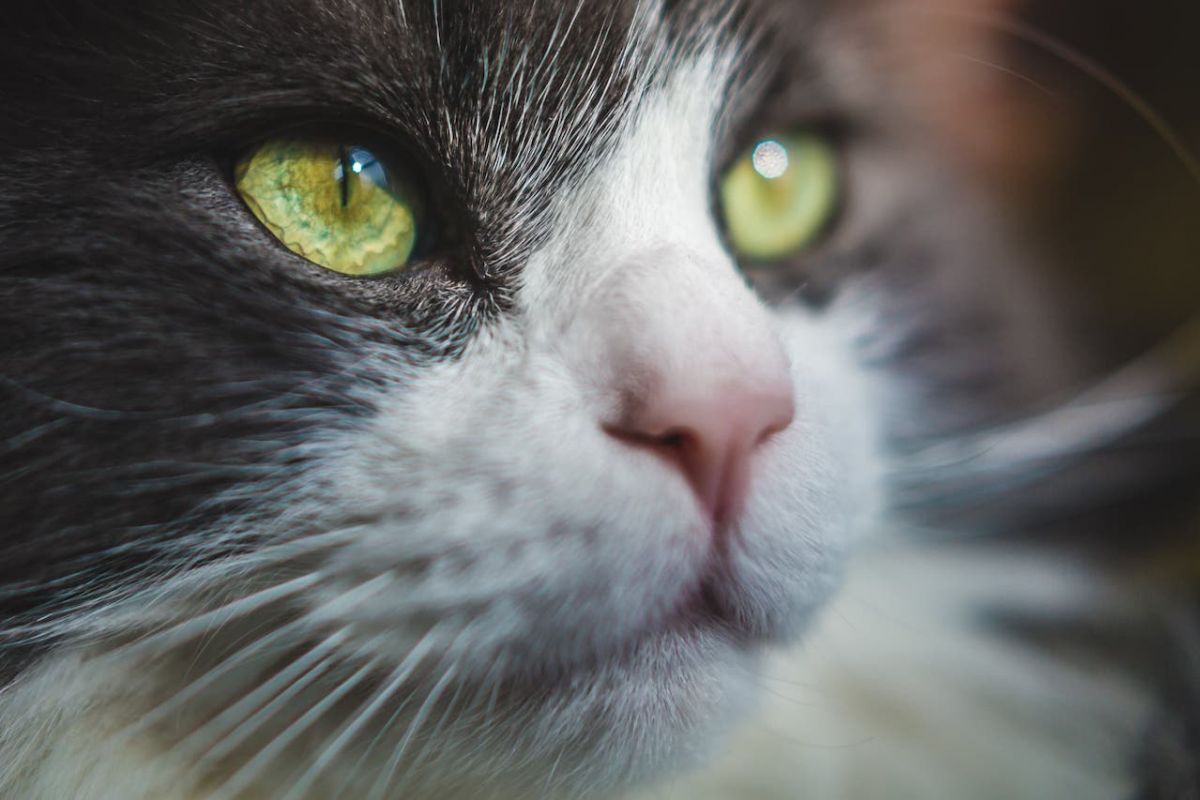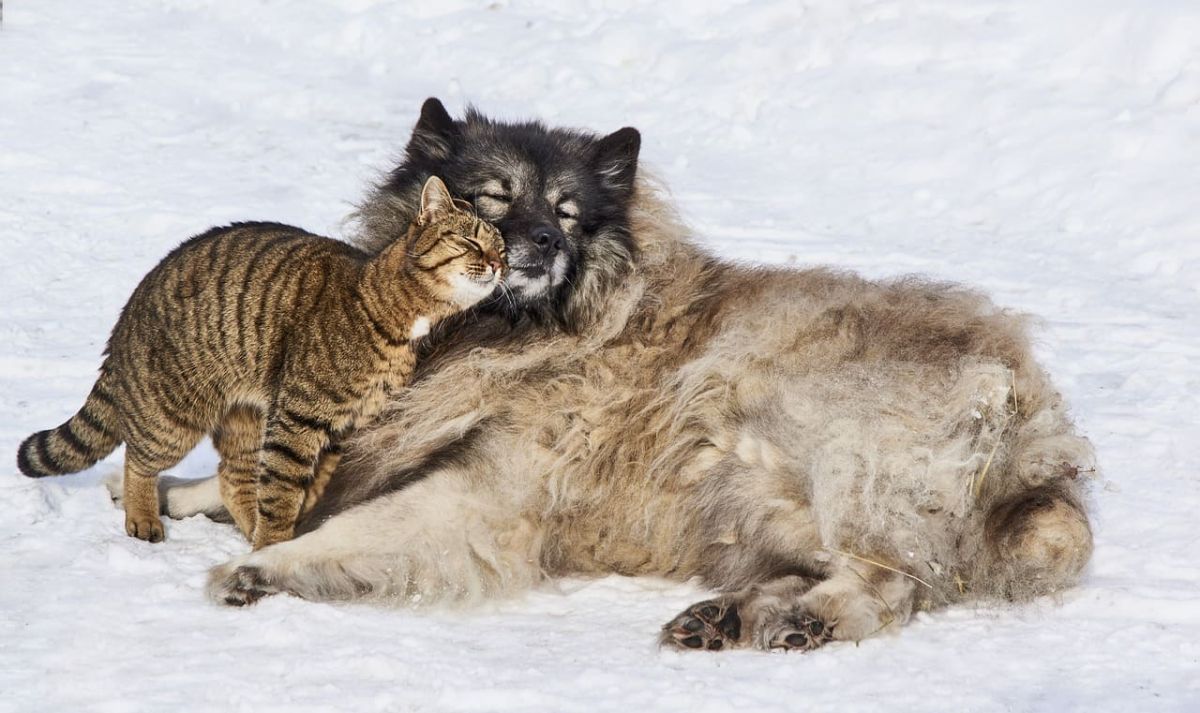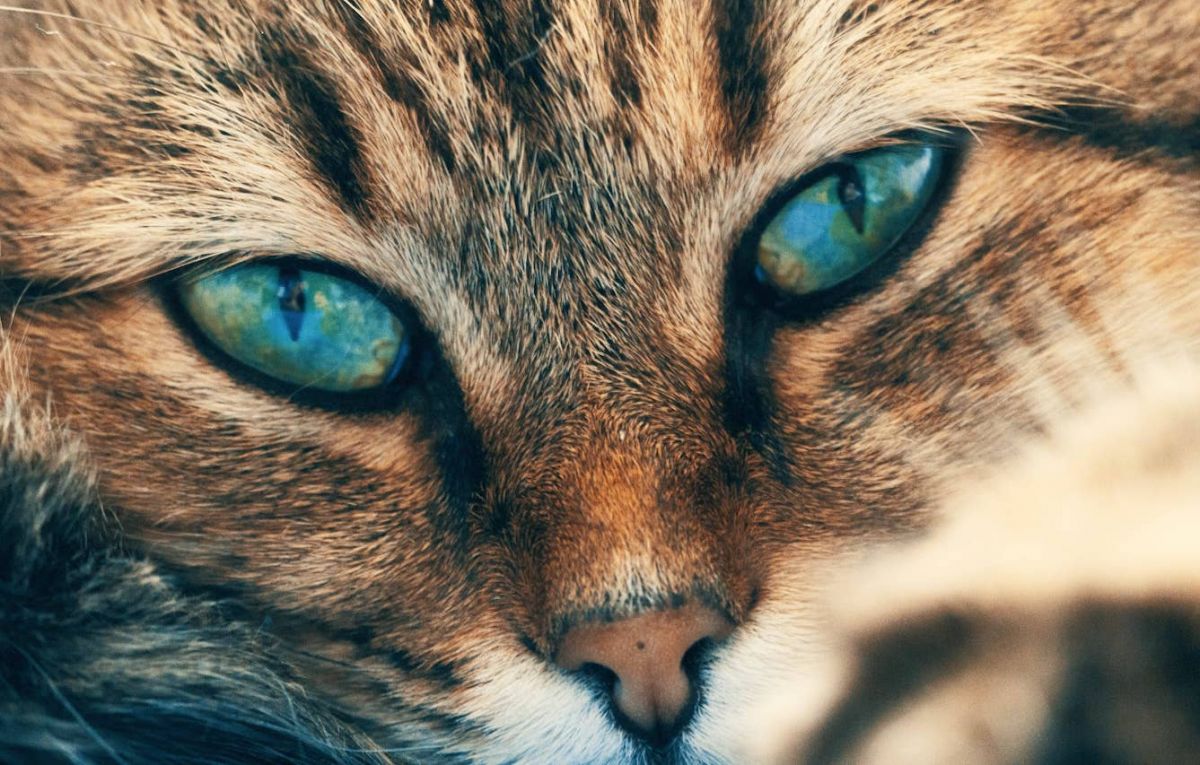Cat’s Stomatitis
 June 19, 2023
June 19, 2023
Stomatitis in cats is a common mouth disease that can cause many health problems for cats. Stomatitis refers to inflammation of the gums and tissues around the teeth in the mouth, which can lead to serious consequences such as tooth loss, bleeding gums, and bad breath if left untreated.
First, the symptoms of stomatitis. Stomatitis in cats is often manifested as red and swollen gums, bleeding gums, mouth ulcers, bad breath, eating difficulties and other symptoms. You may notice that the cat stops eating hard foods and starts to prefer soft foods or refuses to eat altogether. Cats may also exhibit increased outlet water, difficulty chewing, and frequent pawing at their faces. If you find that your cat has these symptoms, then it is likely that it has stomatitis.
Second, causes of stomatitis. The most common of which is the accumulation of plaque and tartar. Plaque is a mixture of bacteria and food debris that deposits on the surface of your teeth and the edges of your gums. If not removed in time, plaque will gradually become tartar, further stimulating the gums, leading to inflammation. Other causes of stomatitis include dental deformities, oral injuries, and malnutrition.
Third, ways to treat stomatitis. First you can try to give your cat a mouth cleaning. You can use a specialized cat toothbrush and toothpaste to brush your cat's teeth regularly to remove plaque and tartar. If the cat is reluctant to cooperate with brushing, you can try using some mouth spray or water-soluble mouth cleaner to help reduce the growth of bacteria. In addition, you can also provide the cat with some oral health food, such as cat grass, dental health snacks, etc.
If stomatitis is already severe, oral cleaning may not completely solve the problem. In this case, you should take the cat to the vet as soon as possible. A veterinarian will perform a series of tests and treatments to determine the extent and cause of stomatitis. Treatments for stomatitis may include oral antibiotics, oral mouthwash, tooth cleaning and scraping. In some severe cases, oral surgery, such as tooth extraction or restoration, may be required.

Finally, the prevention of stomatitis. You can perform regular oral checkups for your cat, paying attention to the health of the teeth and gums. Clean your cat's teeth regularly and provide appropriate oral health food. In addition, keeping the cat's diet balanced and avoiding giving too much soft food or sugar can also help prevent stomatitis.
All in all, stomatitis in cats is a common oral disease that requires prompt treatment and prevention. If you notice that your cat has symptoms of stomatitis, you can try mouth cleaning and oral health foods to relieve the symptoms. If the symptoms are severe or persist, you should take the cat to the vet as soon as possible for further diagnosis and treatment.

An Authoritative Glimpse into the World’s Top Ten Most Popular Categories of Pets


Why Do Cats Squirm Before Pouncing


True Heartwarming Stories: The Unbreakable Bond Between Animals and Humans


Pets’ Interesting News and Anecdotes


Owning a Pet May Help Maintain Mental Health When We’re Over 65


Pet IQ Test: Explore Your Pet's Intelligence and Potential


Pet Insurance: A Must for Comprehensive Pet Protection


Instruction to PetSmart















